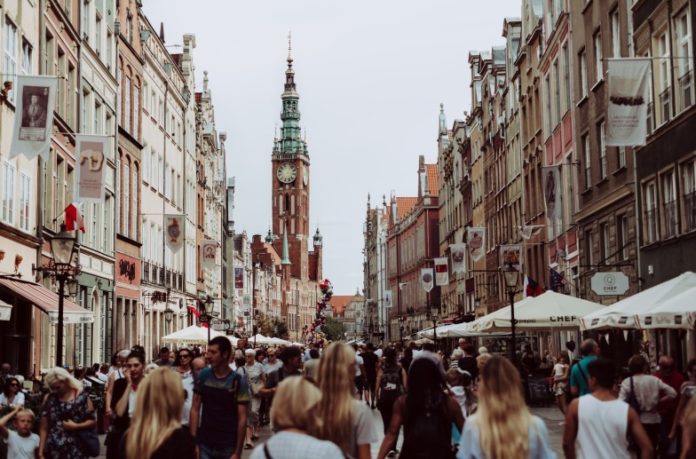Only 5% of the usual number of tourists have visited Paris this summer, one of the most popular destinations in Europe. Although the French capital is among the hardest hit, it is not alone. The World Tourism Organization predicts that the number of tourists will decrease by 60-80% worldwide in 2020. The European tourism industry accounts for half of the world’s tourist arrivals.
“It is imperative that we rebuild the tourism sector. But it must be in a way that is safe, equitable and climate-friendly,” UN Secretary-General António Guterres said today when he launched a policy brief on COVID-19 and tourism.
Revenue is expected to drop 50% for hotels and restaurants in the EU countries, 70% for tour operators and travel agencies and 90% for cruises and airlines according to a recent European Parliament report. Spain, Italy, France and Greece are among the countries that are most affected. Losses in tourism proceeds could exceed 3 percent of GDP in Greece and Portugal according to the International Monetary Fund´s (IMF) recently released 2020 External Sector Report.
Tourism is one of the sectors most affected by the Covid-19 pandemic, impacting economies, livelihoods, public services and opportunities on all continents. All parts of its vast value-chain have been affected.
Export revenues from tourism could fall by $910 billion to $1.2 trillion in 2020. This will have a wider impact and could reduce global GDP by 1.5% to 2.8%.
Overall, some 120 million direct jobs in tourism are at risk. Tourism supports one in 10 jobs and provides livelihoods for many millions more in both developing and developed economies, according to the UN Secretary-General´s policy brief on tourism and COVID-19.
“The crisis is a major shock for developed economies, but for developing countries, it is an emergency, particularly for many small island developing states and African countries,” Mr. Guterres says in a video message to launch the policy brief.
“For women, rural communities, indigenous peoples and many other historically marginalized populations, tourism has been a vehicle for integration, empowerment and generating income.”
Women, who make up 54% of the tourism workforce, youth and workers in the informal economy are among the most at-risk categories.
Five Priorities for Tourism’s Restart
To aid recovery, the UN Secretary-General has identified five priority areas in his policy brief.
- To mitigate the socio-economic impacts of the crisis.
- To build resilience across the entire tourism value chain.
- To maximize the use of technology in the tourism sector.
- To promote sustainability and green growth.
- To foster partnerships to enable tourism to further support the Sustainable Development Goals.
“Let us ensure tourism regains its position as a provider of decent jobs, stable incomes and the protection of our cultural and natural heritage,” Mr. Guterres says in his message launching his policy brief on COVID-19 and tourism.
Additional links:




